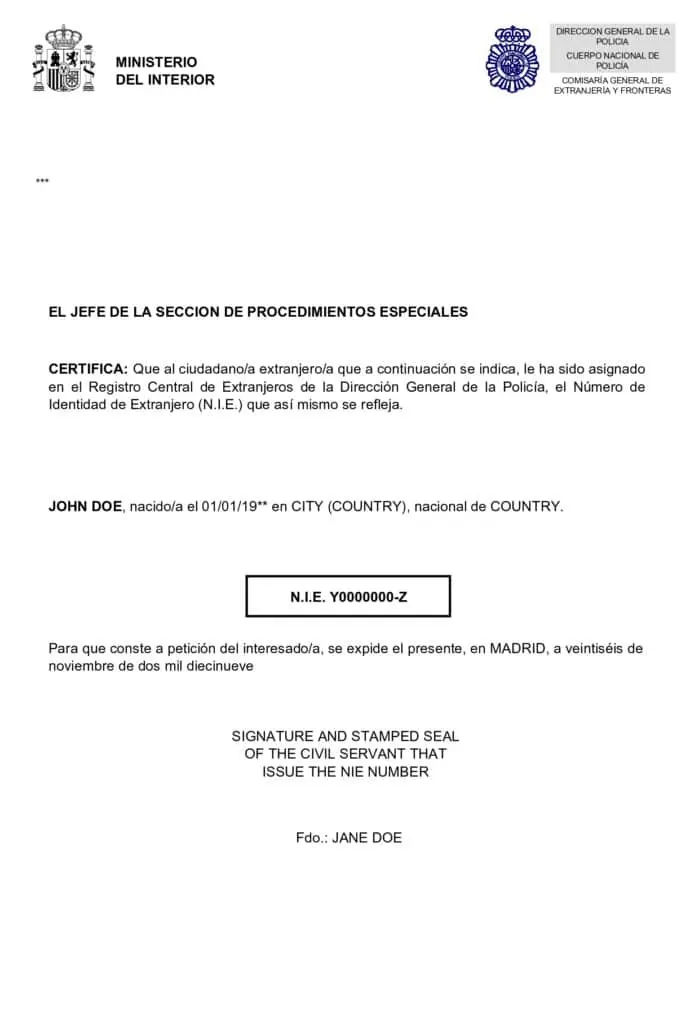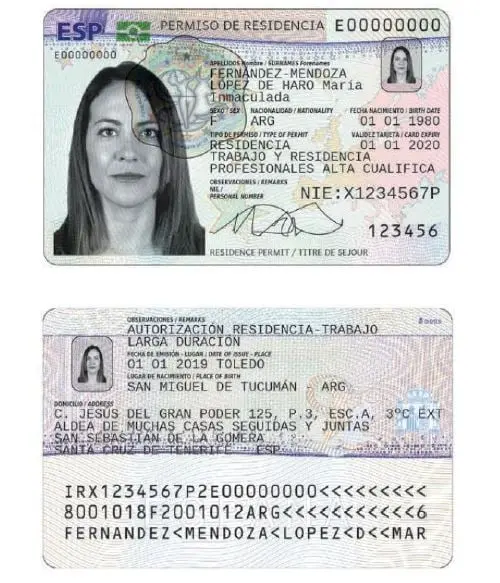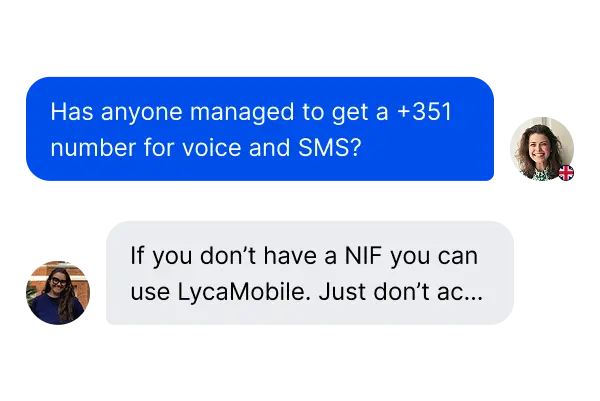Che cos'è il NIE in Spagna?
Questo è il tuo Numero di Identificazione degli Stranieri. È un numero unico assegnato a tutti gli stranieri che hanno rapporti con il governo spagnolo o con istituzioni finanziarie. Pensalo come il tuo codice fiscale spagnolo.
Comprendere il NIE
Il NIE è più di un semplice numero. È una porta d'accesso per partecipare al sistema spagnolo, ma comporta complessità nascoste:
-
NIE per Non Residenti (Soluzione Temporanea): Anche se puoi ottenere un NIE per non residenti per transazioni specifiche (ad esempio, l'acquisto di proprietà), generalmente non è una soluzione a lungo termine. Se prevedi di vivere in Spagna, devi ottenere un NIE per residenti collegato a un permesso di soggiorno valido.
!: Se inizialmente ottieni un NIE per non residenti e poi diventi residente, il numero di solito rimarrà lo stesso. Tuttavia, dovrai aggiornare le tue informazioni presso le autorità fiscali.
-
Il Requisito di "Giustificazione": Quando richiedi un NIE, devi fornire un motivo valido ("justificación"). Questo può essere complicato.
- Giustificazioni accettabili: Un contratto di acquisto firmato per una proprietà, un contratto di lavoro, un'offerta formale di lavoro, prova di iscrizione a un programma universitario.
- Giustificazioni inaccettabili: "Ho intenzione di cercare un lavoro." "Voglio aprire un conto bancario nel caso decidessi di trasferirmi qui." Sii specifico e fornisci prove concrete.
-
Certificato NIE Smarrito o Rubato: Se perdi il tuo certificato NIE, puoi richiedere un duplicato ("duplicado"). Tuttavia, il processo può richiedere tempo, quindi è essenziale tenere il certificato in un luogo sicuro. È altamente consigliato conoscere il tuo numero NIE a memoria.
-
NIE e Implicazioni Fiscali: Ottenere un NIE non ti rende automaticamente un residente fiscale. La residenza fiscale è determinata dalla "regola dei 183 giorni" e dai tuoi interessi economici. Se trascorri più di 183 giorni in Spagna in un anno solare, sei generalmente considerato un residente fiscale e sei soggetto all'imposta sul reddito spagnola.

































